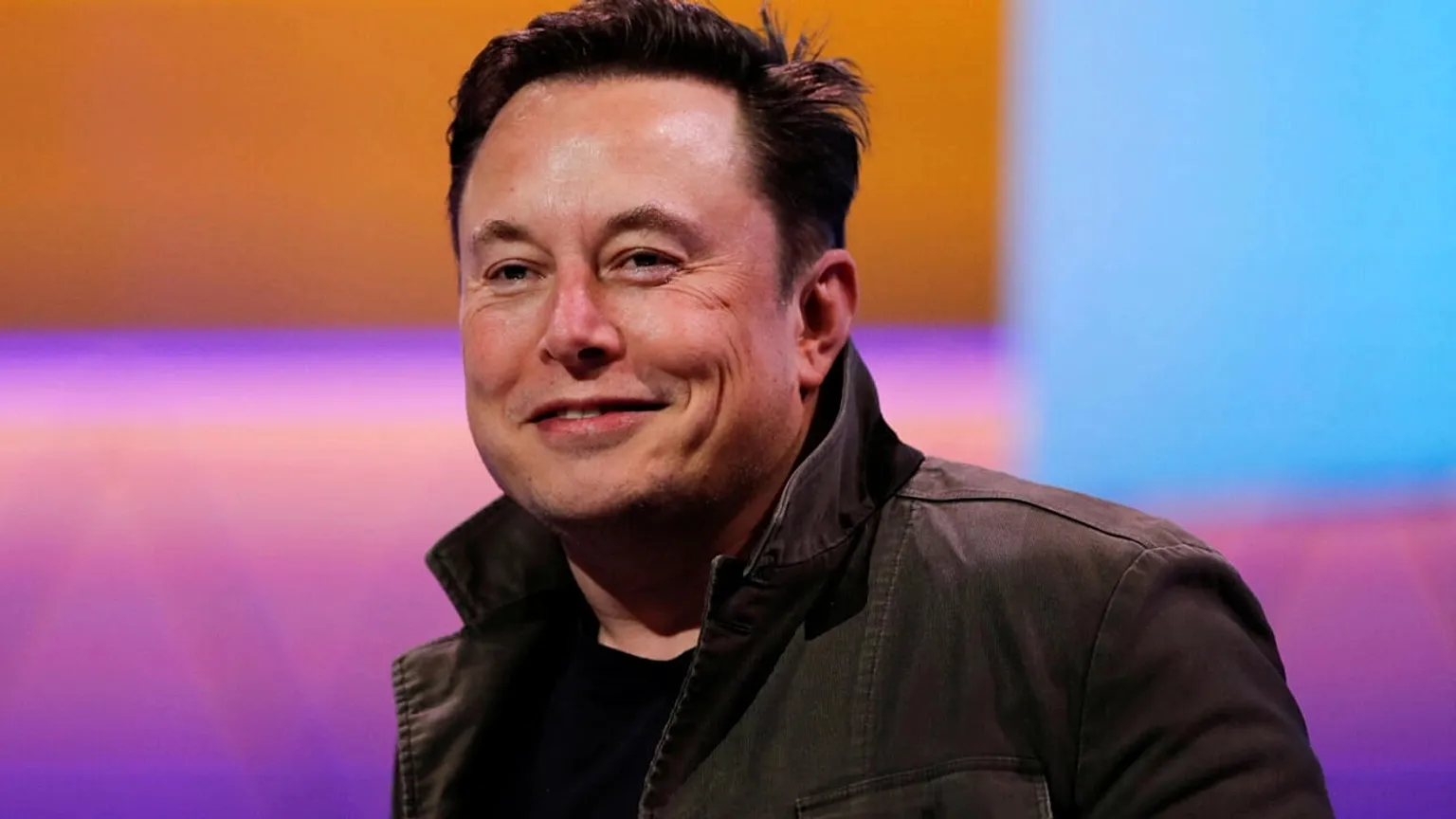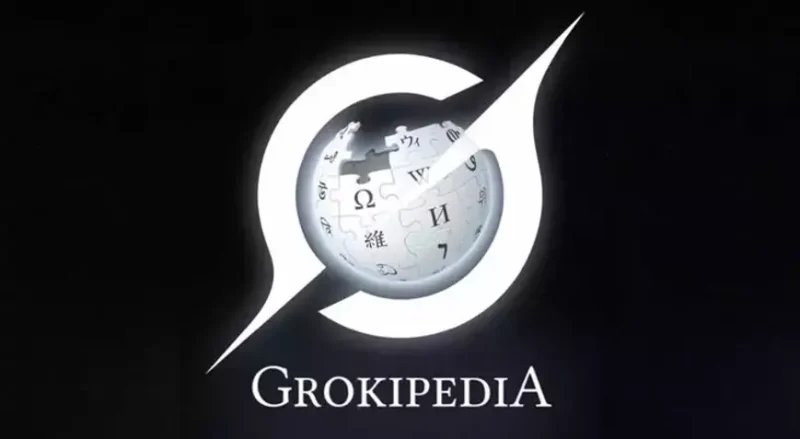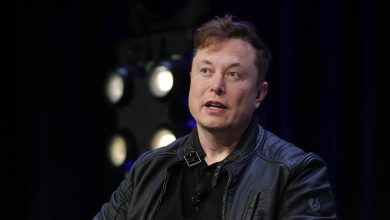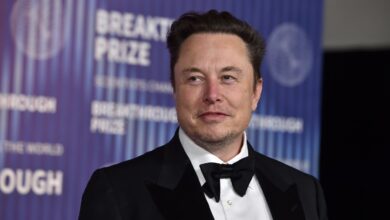Elon Musk launches Grokipedia to rival Wikipedia
Billionaire entrepreneur Elon Musk unveiled his AI-powered online encyclopedia Grokipedia, claiming it will offer “unbiased knowledge” in contrast to what he calls Wikipedia’s “left-wing bias.” Experts warn, however, that the technology behind Grokipedia carries its own inherent biases.

Elon Musk has opened a new front in his long-standing battle with Wikipedia, which he has accused of “woke propaganda.” On October 27, the tech magnate launched Grokipedia, a platform powered by artificial intelligence that he says will “liberate knowledge from ideology.” But researchers argue that the idea of neutrality in AI-generated content is itself an illusion.
Challenging Wikipedia’s model
Founded in 2001 and maintained by thousands of volunteer editors, Wikipedia has grown into the world’s largest open-access encyclopedia, offering content in more than 300 languages. Musk and other U.S. conservatives, however, have branded it a hub of “leftist thinking” rather than a neutral source of information.
Posting on his social media platform X (formerly Twitter), Musk described Grokipedia as an encyclopedia “purged of propaganda,” powered not by human contributors but by artificial intelligence — specifically Grok, the chatbot integrated into X.
From collaboration to automation
While Wikipedia’s co-founder Jimmy Wales once envisioned “a world where everyone can freely access the sum of human knowledge,” Musk advocates a technocratic, hierarchical approach to information — one in which algorithms, not people, determine truth.
But digital media scholar Dr. Anaïs Nony from the University of Johannesburg argues that Musk’s model “discredits scientific and collaborative work”:
“Wikipedia is an open system; Musk’s project is closed, omnipotent, and god-like. Knowledge is built through relationships, discussion, and correcting mistakes. AI can’t be neutral — it reflects the values of its creator.”
The illusion of ‘pure knowledge’
Musk insists that Grokipedia will deliver “pure, objective knowledge” free from human bias. Experts disagree, noting that artificial intelligence inevitably mirrors the prejudices present in its training data.
Researchers warn that Grok, the AI behind Grokipedia, draws heavily from X’s data — which is already influenced by Musk’s ideological environment — reinforcing gender, racial, and class biases rather than removing them.
A new kind of censorship
Reports from Wired magazine suggest that Grokipedia’s content already exhibits a distinct ideological lean.
For instance, the page on African American slavery includes “ideological justifications” for slavery, while a search for “gay marriage” redirects to a page titled “gay pornography,” which falsely claims that the spread of porn fueled the HIV/AIDS epidemic in the 1980s.
These examples, Wired noted, reflect a troubling trend toward rewriting history through an algorithmic lens.

“Neoliberal and colonial continuity”
Dr. Nony calls Grokipedia part of Musk’s broader project to consolidate power over global information systems:
“With Starlink, he’s creating dependency through internet access. With Grokipedia, he’s doing the same with knowledge. It’s about centralizing control — replacing shared information with owned information.”
She describes the platform as a “continuation of neoliberal and colonial power structures”, one that seeks to replace human collaboration with algorithmic authority.
Knowledge no longer shared, but owned
Experts see Grokipedia not as a liberation of knowledge but as an attempt to monopolize it.
Where Wikipedia thrives on collective participation, Grokipedia transfers that process to an AI system operating in isolation.
“In this new era of algorithmic knowledge,” Nony concludes, “information is no longer shared — it’s owned. And that marks the triumph not of technology, but of ideology.”






